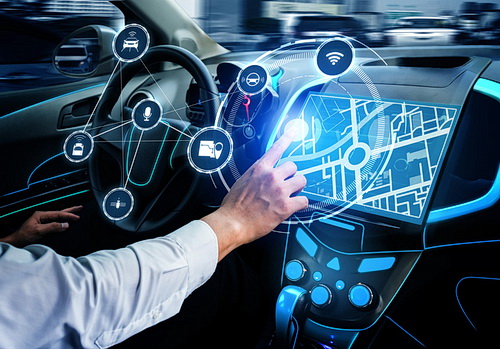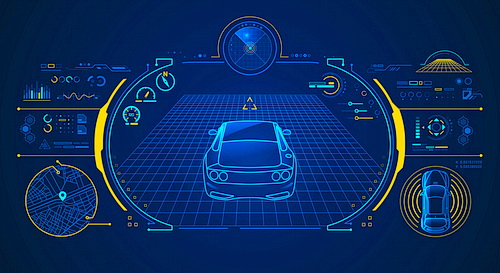
You just finished searching Google for a camera that you want to take with you on your trip to Italy. You click the different links, browse the models and pricing on various websites, and tell yourself you will get back to them later.
Then you go to YouTube to find videos on diet food recipes. You found three videos that match your recipe search. You click to bring up the video and the first thing you see is an ad on the cameras you just looked at!
How Did That Happen?
Google employs a sophisticated system to target ads to Internet users, considering various factors to deliver relevant and impactful advertising. Here’s a breakdown of some key methods:
Google tracks what you search for to understand your interests and browsing behavior. This allows them to display ads related to your recent searches. Websites you visit often place cookies on your browser to track your browsing history across different websites, allowing Google to build a profile of your interests. Based on this data, they can target ads on other websites you go to and yes, YouTube also. And it’s all legal!
You are Not Alone!
So if Google can do this, as well as use other tracking mechanisms, why not every other tech company? Or for that matter, why not any company that has computers onboard their devices?
Welcome to Your Car!

Yes, we are going to reintroduce you to your car; that is, the computers that are on it. These machines, often called onboard computers or Engine Control Units (ECUs), monitor and manage various vehicle systems such as engine performance, emissions, safety features, and more.
While they collect data related to the vehicle’s operation, they are not typically designed to “spy” on the driver in the sense of monitoring personal behavior or activities.
However, modern vehicles with advanced technologies, such as GPS navigation systems, telematics, and driver assistance features, gather certain data related to driving habits and vehicle performance.
For example, GPS systems may track the vehicle’s location for navigation purposes, while telematics systems may collect information about vehicle speed, acceleration, braking, and fuel efficiency.
In some cases, this data can be accessed by vehicle manufacturers, service providers, or authorities for purposes such as improving vehicle performance, diagnosing issues, providing roadside assistance, or analyzing traffic patterns.
How Do They Do It?
The connected services you use in your car, such as apps on your cell phone, especially the apps that are from the car manufacturers themselves are a gateway to gather tons of information about your driving habits, to say the least.
But What About Your Privacy?
This policy went out the window, at least for now, until the powers start making laws to control this type of data tracking, or what some call – spying.
According to the Mozilla Foundation, many car companies collect too much data, sell the data, and give you no control over how you can manage this data tracking
Concerns about privacy and data security in connected vehicles are valid, and there have been discussions about the need for transparency regarding data collection practices and the importance of safeguarding driver privacy.
As technology continues to evolve, manufacturers and regulators need to address these concerns and ensure that appropriate safeguards are in place to protect driver privacy while still benefiting from the capabilities of advanced vehicle technologies.
Conclusion
In this modern age of technology, there is no retreat from the cameras, recording devices, and marketing methods we encounter every day when we use our phones, smart devices, and yes, cars. And now with AI data scientists are working on direct communication with your vehicle for traffic control. For all legitimate companies, this information is not used for nefarious purposes, so you can rest easy on that part, but the data they do retrieve can make some people apprehensive regarding the amount of data along with what’s in that data.
There is currently legislation being reviewed regarding AI and privacy, but this needs to be extended to all interactive devices whether they use AI or not, so exactly what policies will be enacted remains to be seen.